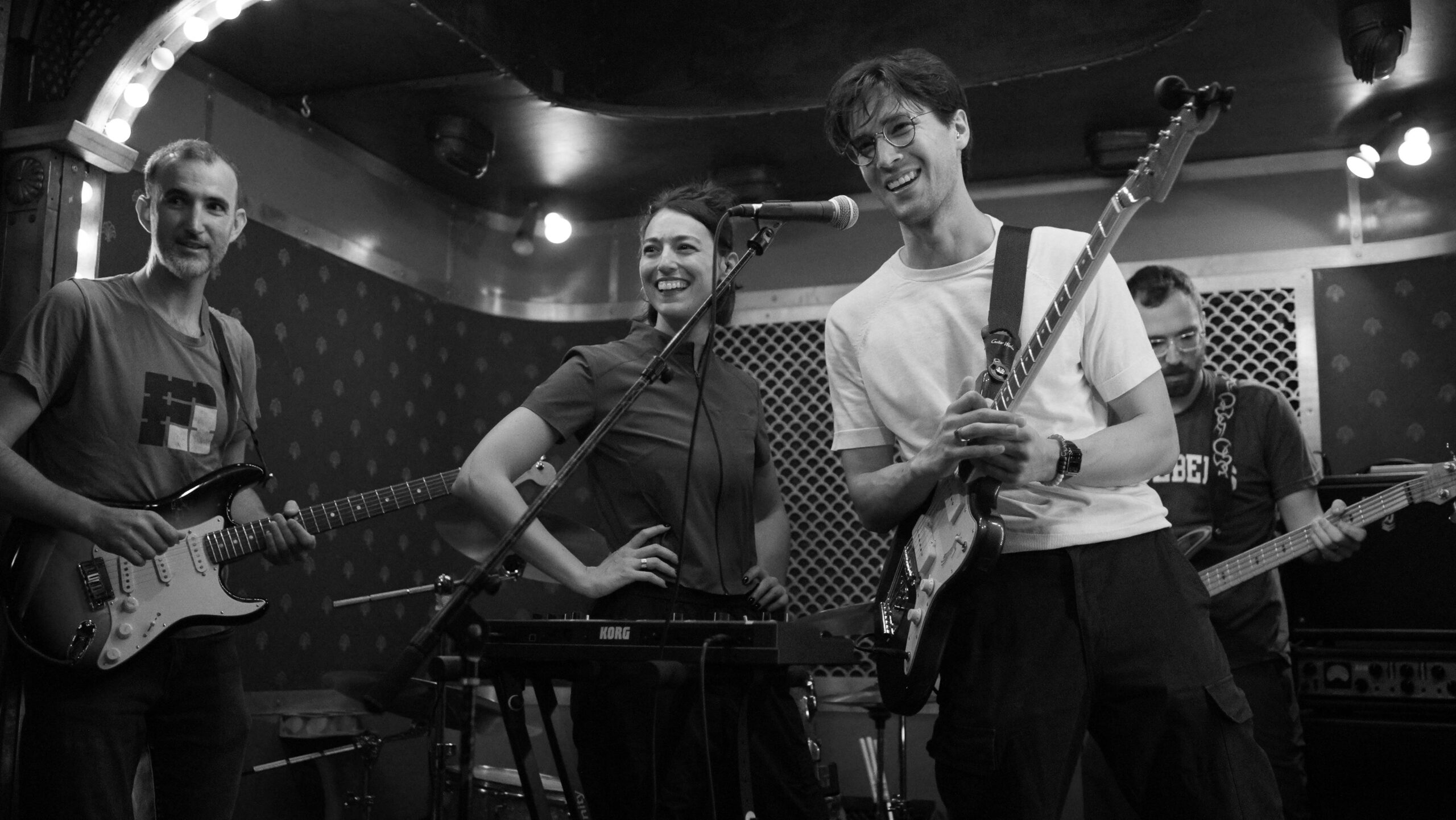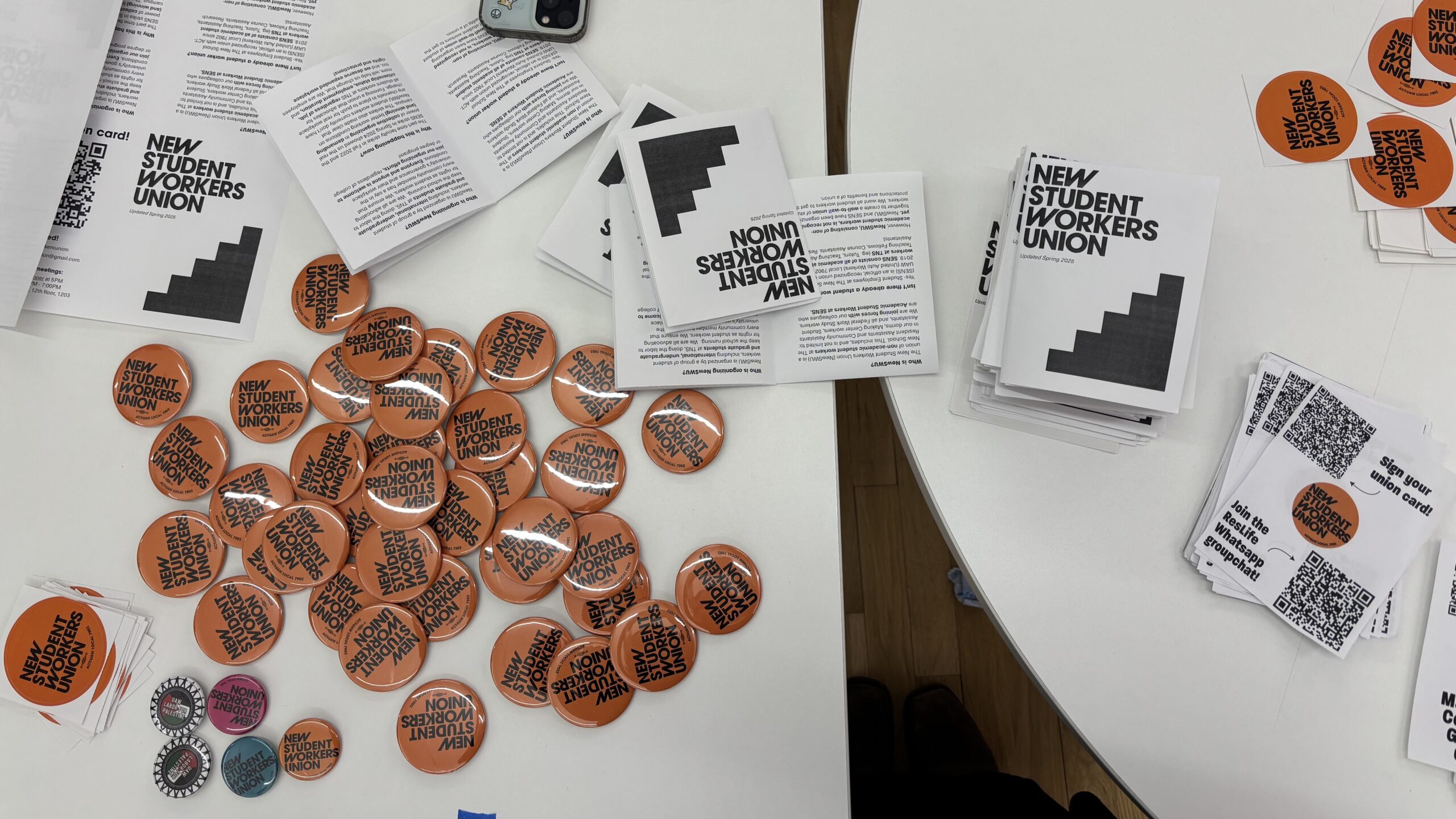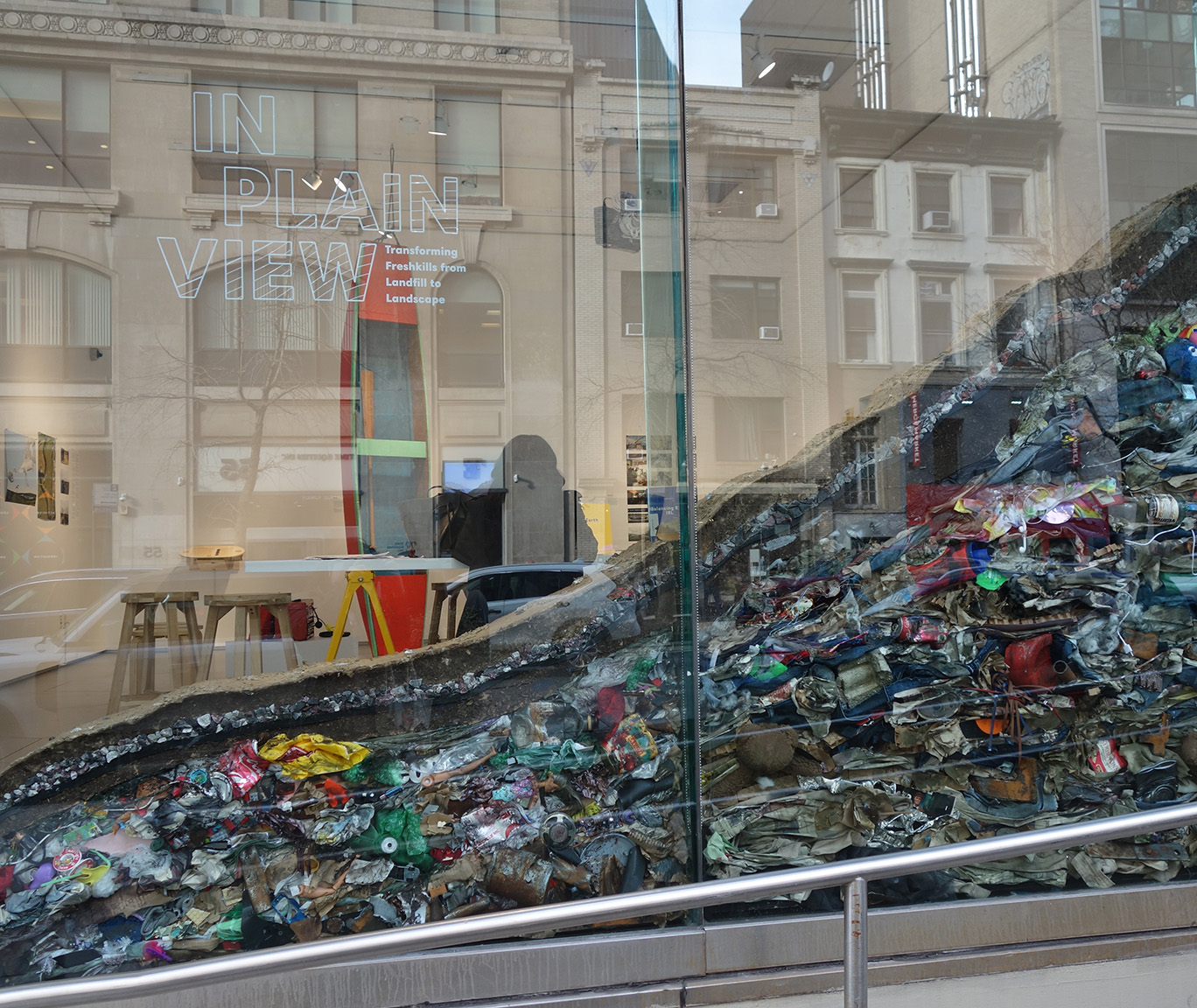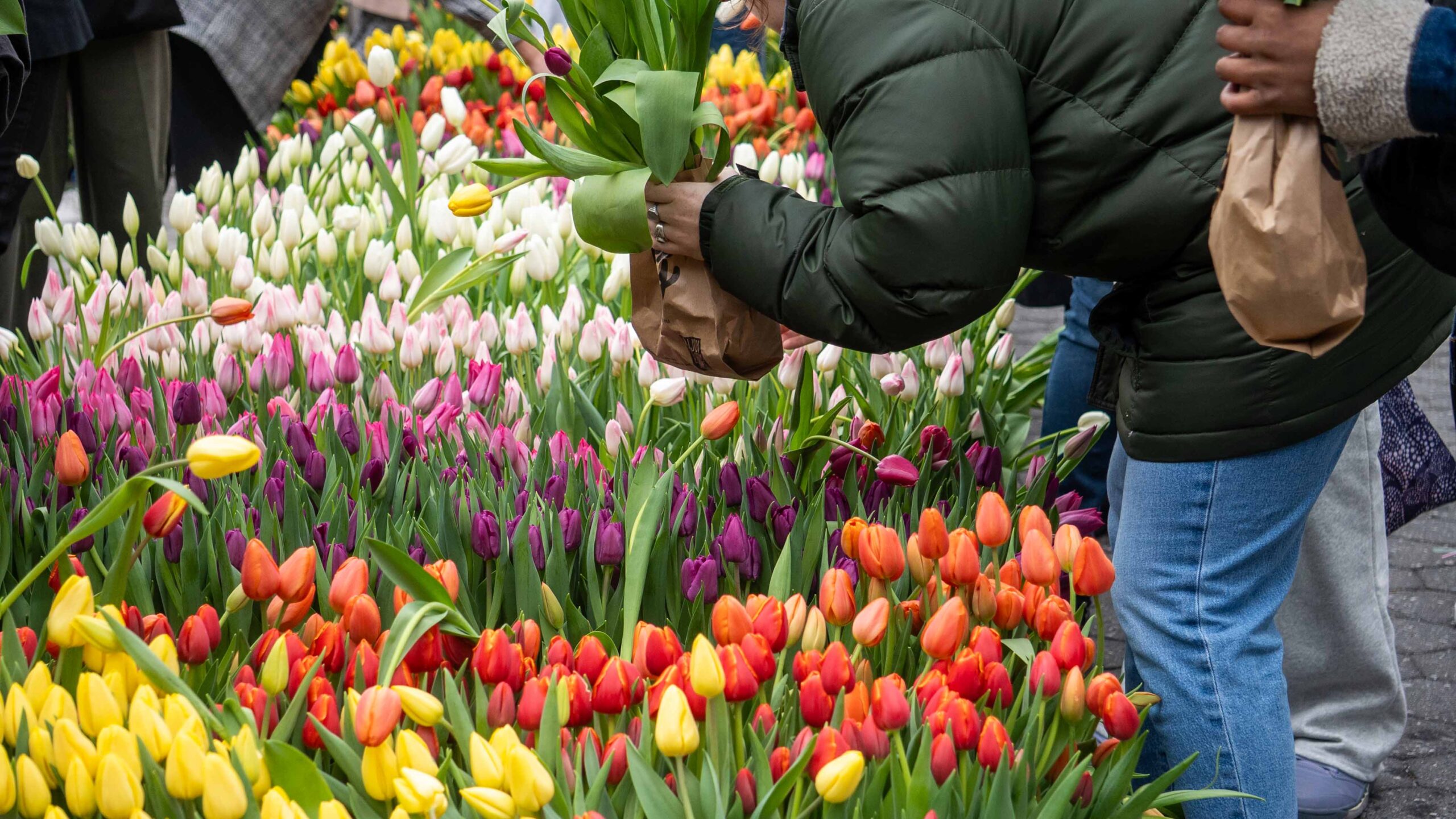[dropcap]It’s[/dropcap] easy to compare today’s student activist to the activism of the 1960s and find us lacking. Critics say we’re apathetic and rely on social media as a crutch – re-posting instead of protesting. But this dismisses the very real social activism that is happening around the country and in fact around the world.
Student-organized protest at schools like the University of Missouri and Yale have recently garnered widespread media attention — students are demanding the resignations of their professors and school president and are fighting against systemic issues of race and gender on campus. Off campus, they’re marching and joining international movements around climate change and police brutality. The success they’ve had in drawing attention to these causes comes in no small part, through building networks on social media that have led to demonstrations and protests.
This is not say that some people overestimate the power of re-posting an article, but to ignore or underestimate the power of networks online is a mistake.
These were the issues we wrestled with at the NSFP, and that led us to put together a special issue on the changing face of activism. Choosing what stories to tell was hard. There were so many potential directions in which to go, so we created a map of the activism space and then chose what seemed the most relevant for our community — the way the school uses social justice as branding, why we’re so fixated on safe spaces, looking back at our history of activism from 1919 to 2015 and a retrospective on Occupy Wall Street. We also wanted to find out what issues New School students cared about and how they define being an activist in 2015. Let us show you what we found.
Activism Dictionary
Use our dictionary below to navigate between stories as they are released throughout the week. All of the words in our dictionary were hand-picked by our writers and relate to their stories.
- Activist (n.)
- A person who advocates for social, political, and/or economical change through their daily actions or work.
- Ally (n.)
- Anyone who isn’t part of or doesn’t belong to a specific community, but does actively support them and their goals.
- Anarchist (n.)
- A person who rebels against authority; associated with anarchism—the political theory that government/authority is undesirable and unnecessary; attempts to overthrow established power.
- Ethnography (n.)
- The study and systematic documentation of the customs of human culture
- Manarchist (n.)
- A satirical portmanteau that plays on categorizing cis-male anarchists (man + anarchist); often ties into privilege and disregard for others’ political standpoint; does not necessarily exclude other genders—may be used to describe someone of self-declared authority or power over a space or person for their own benefit.
- Occupation (n.)
- Form of protest, usually in the form of overtaking a building or site; associated with redefining the occupied space, a challenge of ownership.
- Safe space (n.)
- An environment in which students feel secure enough to take risks, honestly express their views, and share and explore their knowledge, attitudes, and behaviors.
- Safe Zone (n.)
- A program offered to faculty, students, and staff at the New School to discuss gender identity, sexuality, and how to create a more inclusive university community.
- Slacktivism (n.)
- The act of participating in activism in a lazy, feel-good way. Usually inhabits within sharing an article, or posting a heated status on social media. Lacks participation in physical protest, or any actual desire to partake in a movement.
- Social Justice (n.)
- The belief that everyone is entitled to equal economic, political and social rights and opportunities.
- Union Organizer (n.)
- A member of a union whose job is to create the spaces for other members to meet.
Tamar is a poet, writer, New York-lover and dweller. She studies jounalism+design at The New School.







